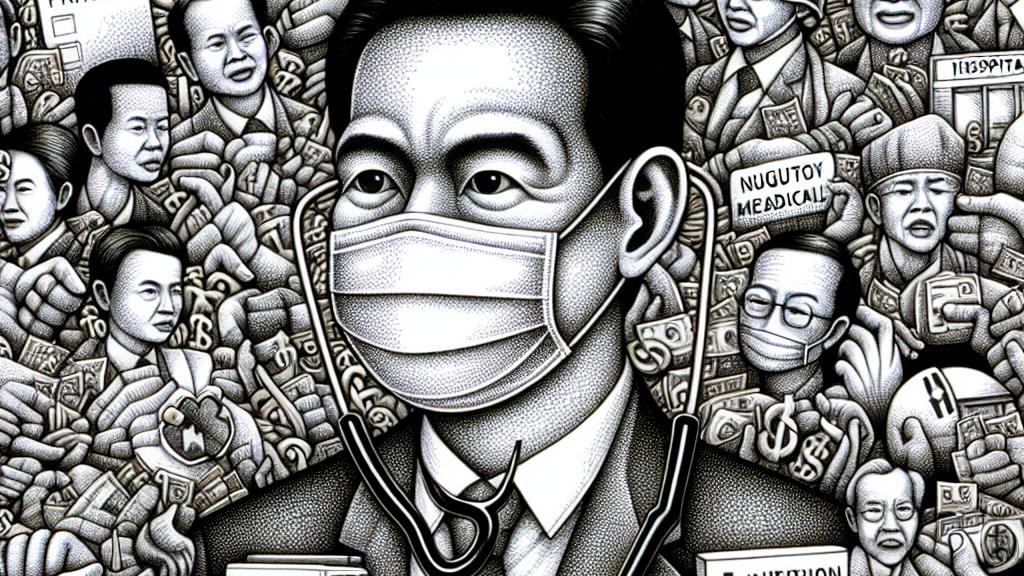Private Hospitals Leave Government Health Program Amid Financial Strain
Overview
- Private hospitals in both Thailand and India are withdrawing from government health schemes, escalating financial crises within the healthcare sector.
- Key issues include inadequate reimbursement rates and massive unpaid debts that private hospitals can no longer absorb.
- The exit of these hospitals from government programs imposes significant strain on public healthcare systems, threatening the availability of essential medical services.

Thailand's Challenging Landscape of Healthcare Reimbursements
In Thailand, a concerning trend has become evident: more private hospitals are stepping away from the government’s Social Security Office (SSO) health insurance program. Over the last decade, participation has dramatically decreased from 123 hospitals to just 93. This troubling decline highlights serious financial strain, primarily driven by low reimbursement rates for patient treatments, especially those requiring urgent medical attention. For example, hospitals that used to receive 12,000 baht for critical care cases have seen their payment slashed to an alarming 7,200 baht this year alone. Such drastic cuts not only jeopardize hospitals' financial viability but also pose a significant risk to patient care. The ramifications of this trend could result in severely reduced healthcare access for patients who rely on these institutions for timely and necessary medical attention.
India's Internal Crisis in Private Healthcare Services
Similarly, in Punjab, India, private hospitals have taken a dramatic step, ceasing to provide services under the Ayushman Bharat scheme—a government initiative designed to offer healthcare coverage to the economically disadvantaged. This abrupt halt is rooted in a staggering backlog of 600 crores rupees in unpaid dues from the state government, which has left many hospitals in a precarious financial position. With around 400 private hospitals affected, the Indian Medical Association (IMA) emphasizes the urgency of this matter. Dr. Sunil Katyal, the IMA president, articulates the frustrations of healthcare providers who have made numerous attempts to resolve these financial disputes through dialogue, only to be met with inaction. Consequently, patients relying on these hospitals for affordable health services are left vulnerable, highlighting the critical nature of government accountability and support in ensuring healthcare stability.
The Broad Consequences of Falling Out of Government Programs
The withdrawal of private hospitals from government health programs in both Thailand and India reveals a deeper crisis within their healthcare systems, one that threatens to unravel the fabric of accessible medical care. Picture this: as private hospitals pull out, public healthcare facilities become inundated with an increasing number of patients, which could overwhelm these institutions already struggling to meet existing demands. Imagine long wait times, and compromised quality of care as resources stretch thinner. Urgent intervention is needed to address these issues. Governments must take action to reform reimbursement policies and provide necessary financial aid to bolster private healthcare participation. Without swift and decisive action, the potential loss of quality healthcare looms large, endangering the health and well-being of millions who depend on these essential services.

Loading...